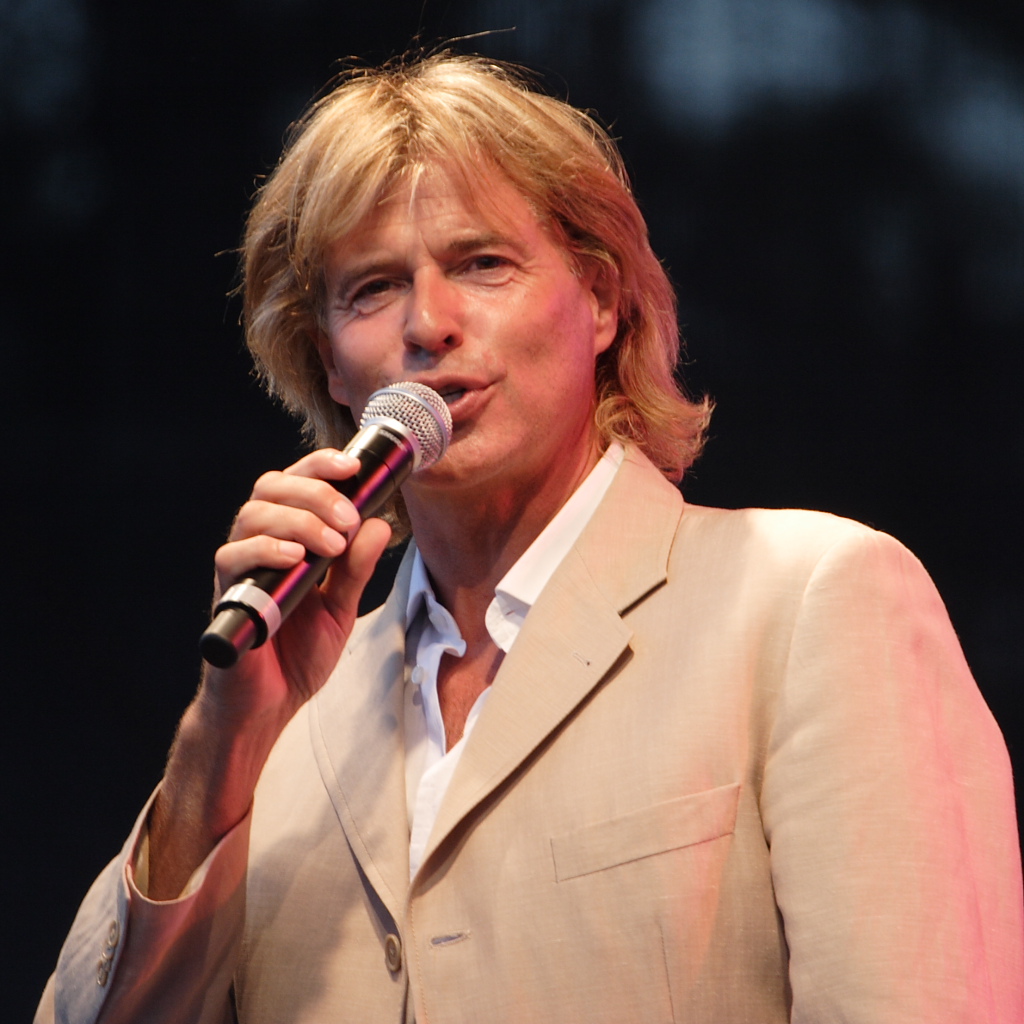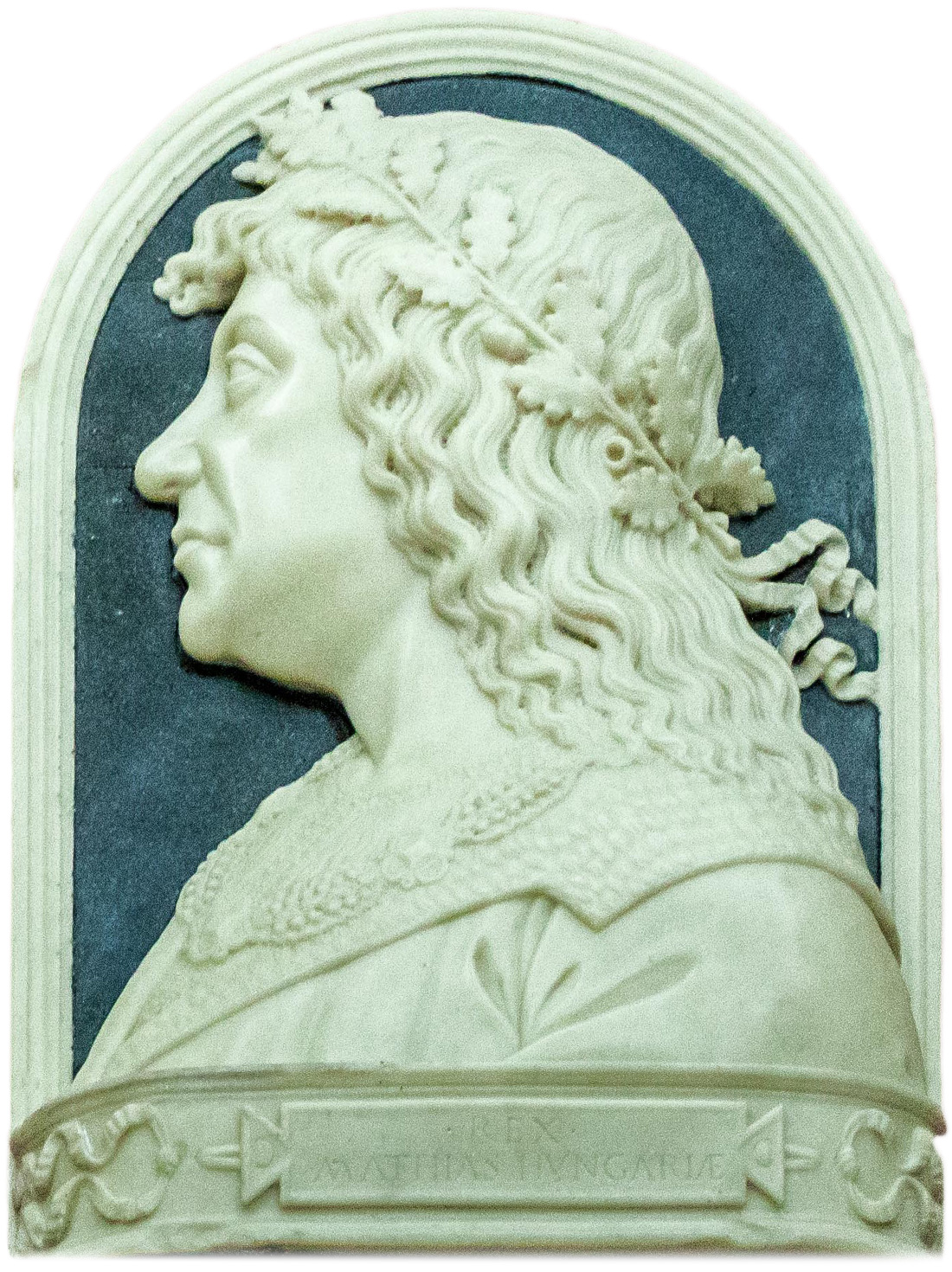|
Georg Grünwald
Georg Grünwald, also Grüenwald, (c. 1490 – 1530) was a German Protestant reformer and hymn writer. He was born in Kitzbühel c. 1490. According to a chronicle, Grünwald, a shoemaker, was a preacher of anabaptism. They were prosecuted, and he moved to Lackstatt in Bavaria in 1529. When he returned to Kitzbühel, he was imprisoned. In 1530, he was burnt at the stake for his conviction by the Austrian government. Grünwald wrote the text of the hymn "Kommt her zu mir, spricht Gottes Sohn", but Philipp Wackernagel named or as its author. It is published in hymnals such as in ''Evangelisches Gesangbuch ''Evangelisches Gesangbuch'' (''EG''; , "Protestantism, Protestant song book") is the current hymnal of German-language congregations in Germany, Alsace and Lorraine, Austria, and Luxembourg, which was introduced from 1993 and 1996, succeeding ...'' as EG 363, with seven stanzas. Literature * * Dorsch, Paul, Das Deutsche Evangelische Kirchenlied in Geschichtsbildern, 2nd ... [...More Info...] [...Related Items...] OR: [Wikipedia] [Google] [Baidu] |
Kitzbühel
Kitzbühel (, also: ; ) is a town rights, medieval town situated in the Kitzbühel Alps along the river Kitzbüheler Ache in Tyrol (state), Tyrol, Austria, about east of the state capital Innsbruck and is the administrative centre of the Kitzbühel (district), Kitzbühel district (). Kitzbühel is one of the most famous and exclusive ski resorts in the world. It is frequented primarily by the international High society (social class), high society and has the most expensive real estate in Austria. The proximity to Munich has made it a preferred location for vacation homes among the Germany, German elite. Geography Kitzbühel is situated in the Kitzbühel Alps between Zell am See and Innsbruck. It lies in the Leukental valley on the Kitzbüheler Ache river. The town is subdivided into the municipalities of Am Horn, Aschbachbichl, Badhaussiedlung, Bichlach, Ecking, Felseneck, Griesenau, Griesenauweg, Gundhabing, Hagstein, Hausstatt, Henntal, Jodlfeld, Kaps, Mühlau, Obernau, Sch ... [...More Info...] [...Related Items...] OR: [Wikipedia] [Google] [Baidu] |
Anabaptism
Anabaptism (from Neo-Latin , from the Greek language, Greek : 're-' and 'baptism'; , earlier also )Since the middle of the 20th century, the German-speaking world no longer uses the term (translation: "Re-baptizers"), considering it biased. The term (translation: "Baptizers") is now used, which is considered more impartial. From the perspective of their persecutors, the "Baptizers" baptized for the second time those "who as infants had already been baptized". The denigrative term Anabaptist, given to them by others, signifies rebaptizing and is considered a polemical term, so it has been dropped from use in modern German. However, in the English-speaking world, it is still used to distinguish the Baptizers more clearly from the Baptists, a Protestant sect that developed later in England. Compare their self-designation as "Brethren in Christ" or "Church of God": . is a List of Christian movements, Christian movement which traces its origins to the Radical Reformation in the 1 ... [...More Info...] [...Related Items...] OR: [Wikipedia] [Google] [Baidu] |
Bavaria
Bavaria, officially the Free State of Bavaria, is a States of Germany, state in the southeast of Germany. With an area of , it is the list of German states by area, largest German state by land area, comprising approximately 1/5 of the total land area of Germany, and with over 13.08 million inhabitants, it is the list of German states by population, second most populous German state, behind only North Rhine-Westphalia; however, due to its large land area, its population density is list of German states by population density, below the German average. Major cities include Munich (its capital and List of cities in Bavaria by population, largest city, which is also the list of cities in Germany by population, third largest city in Germany), Nuremberg, and Augsburg. The history of Bavaria includes its earliest settlement by Iron Age Celts, Celtic tribes, followed by the conquests of the Roman Empire in the 1st century BC, when the territory was incorporated into the provinces of Ra ... [...More Info...] [...Related Items...] OR: [Wikipedia] [Google] [Baidu] |
Philipp Wackernagel
Carl Eduard Philipp Wackernagel (28 June 1800, in Berlin – 20 June 1877, in Dresden) was a German schoolteacher and hymnologist. He was an older brother of philologist Wilhelm Wackernagel. He was educated in mineralogy and crystallography at Breslau and Berlin, during which time, he also studied hymnology. While a student his influences included geologist Karl Georg von Raumer. He worked as a teacher at a trade school in Berlin (from 1829) and at a private school in Stetten (Württemberg) from 1839, then in 1845 was named a professor at a Realgymnasium in Wiesbaden, followed by a directorship at a Realschule in Elberfeld (from 1849). In 1861 he received a doctorate in theology from the University of Breslau, and during the same year, moved to Dresden, where he focused on literary and hymnological studies.Wackernagel ... [...More Info...] [...Related Items...] OR: [Wikipedia] [Google] [Baidu] |
Evangelisches Gesangbuch
''Evangelisches Gesangbuch'' (''EG''; , "Protestantism, Protestant song book") is the current hymnal of German-language congregations in Germany, Alsace and Lorraine, Austria, and Luxembourg, which was introduced from 1993 and 1996, succeeding the ''Evangelisches Kirchengesangbuch'' (''EKG''). ''Evangelisches Gesangbuch'' appears in 14 different regional editions, which add regional hymns to the 535 hymns common for all editions. More generally, Evangelisches Gesangbuch was the name of many Protestant hymnals in history. Literature * Gerhard Hahn, Jürgen Henkys (ed.): ''Liederkunde zum evangelischen Gesangbuch''. Vandenhoeck & Ruprecht, Göttingen 2000–2019 * Wolfgang Herbst (ed.): ''Komponisten und Liederdichter des evangelischen Gesangbuchs''. Vandenhoeck & Ruprecht, Göttingen 1999, * Ernst Lippold, Günter Vogelsang: ''Konkordanz zum Evangelischen Gesangbuch mit Verzeichnis der Strophenanfänge, Kanons, mehrstimmigen Sätze und Wochenlieder''. Vandenhoeck & Ruprecht ... [...More Info...] [...Related Items...] OR: [Wikipedia] [Google] [Baidu] |
German Protestant Hymnwriters
German(s) may refer to: * Germany, the country of the Germans and German things **Germania (Roman era) * Germans, citizens of Germany, people of German ancestry, or native speakers of the German language ** For citizenship in Germany, see also German nationality law **Germanic peoples (Roman era) *German diaspora * German language * German cuisine, traditional foods of Germany People * German (given name) * German (surname) * Germán, a Spanish name Places * German (parish), Isle of Man * German, Albania, or Gërmej * German, Bulgaria * German, Iran * German, North Macedonia * German, New York, U.S. * Agios Germanos, Greece Other uses * German (mythology), a South Slavic mythological being * Germans (band), a Canadian rock band * "German" (song), a 2019 song by No Money Enterprise * ''The German'', a 2008 short film * "The Germans", an episode of ''Fawlty Towers'' * ''The German'', a nickname for Congolese rebel André Kisase Ngandu See also * Germanic (disambiguat ... [...More Info...] [...Related Items...] OR: [Wikipedia] [Google] [Baidu] |
1490 Births
Year 1490 ( MCDXC) was a common year starting on Friday of the Julian calendar. Events January–December * January 4 – Anne of Brittany announces that all those who ally themselves with the king of France will be considered guilty of the crime of Lèse-majesté. * March 13 – Charles II becomes Duke of Savoy at age 1; his mother Blanche of Montferrato is regent. * March or April – 1490 Qingyang event, a presumed meteor shower or air burst over Qingyang in Ming dynasty China, said to have caused casualties. * July 4 – Battle of Bonefield: John Corvinus is defeated by the Kingdom of Hungary. * July 13 – John of Kastav finishes a cycle of frescoes in the Holy Trinity Church, Hrastovlje (modern-day southwestern Slovenia). * July 22 – Ashikaga Yoshitane becomes 10th Muromachi shōgun of Japan. * November 20 – The first edition of the chivalric romance '' Tirant lo Blanch'', by Joanot Martorell, is printed in Valencia. ... [...More Info...] [...Related Items...] OR: [Wikipedia] [Google] [Baidu] |
1530 Deaths
Year 153 ( CLIII) was a common year starting on Sunday of the Julian calendar. At the time, it was known as the Year of the Consulship of Rusticus and Rufinus (or, less frequently, year 906 ''Ab urbe condita''). The denomination 153 for this year has been used since the early medieval period, when the Anno Domini calendar era became the prevalent method in Europe for naming years. Events By place Roman Empire * Minor uprisings occur in Roman Egypt against Roman rule. Asia * Change of era name from ''Yuanjia'' (3rd year) to ''Yongxing'' of the Chinese Han Dynasty. Births * Didia Clara, daughter of Didius Julianus * Kong Rong Kong Rong () (151/153 – 26 September 208), courtesy name Wenju, was a Chinese poet, politician, and minor warlord who lived during the late Eastern Han dynasty of China. He was a 20th generation descendant of Confucius. As he was once the Cha ..., Chinese official and warlord (d. 208) * Zhang Hong, Chinese official and politician (d. ... [...More Info...] [...Related Items...] OR: [Wikipedia] [Google] [Baidu] |



